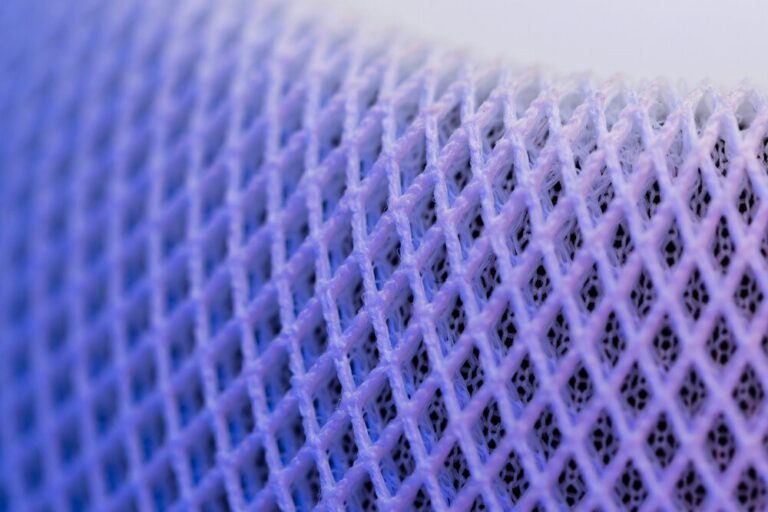Researchers at the Technische Universitaet Muenchen (TUM) and the Helmholtz Zentrum Muenchen, both in Germany, have shown, for the first time, that selected artificial nanoparticles have a direct effect on heart rate and heart rhythm. The rising demand for artificial nanoparticles in medicine and industry means that it will become increasingly important for manufacturers to understand how such particles influence bodily functions. The scientists used a Langendorff heart – an isolated rodent heart flushed with a nutrient solution in place of blood – to show that nanoparticles have a clearly measurable effect on the heart. The heart reacted to commonly used artificial nanoparticles, such as carbon black and titanium dioxide, with an increased heart rate, cardiac arrhythmia and modified ECG values. Reinhard Nießner, Director of the Institute of Hydrochemistry at the TU Muenchen, said, “We use the heart as a detector. In this way we can test whether specific nanoparticles have an effect on the heart function. Such an option did not exist hitherto,” adding, “We now have a model for a superior organ that can be used to test the influence of artificial nanoparticles. The next thing we want to do is to find out why some nanoparticles influence the heart function, while others do not influence the heart at all.” The team’s results were published in the journal ACS Nano.
http://portal.mytum.de/pressestelle/pressemitteilungen/NewsArticle_20110729_101739




